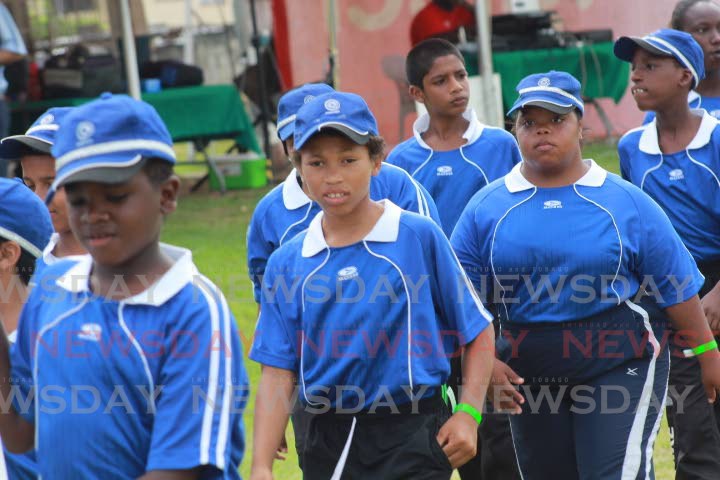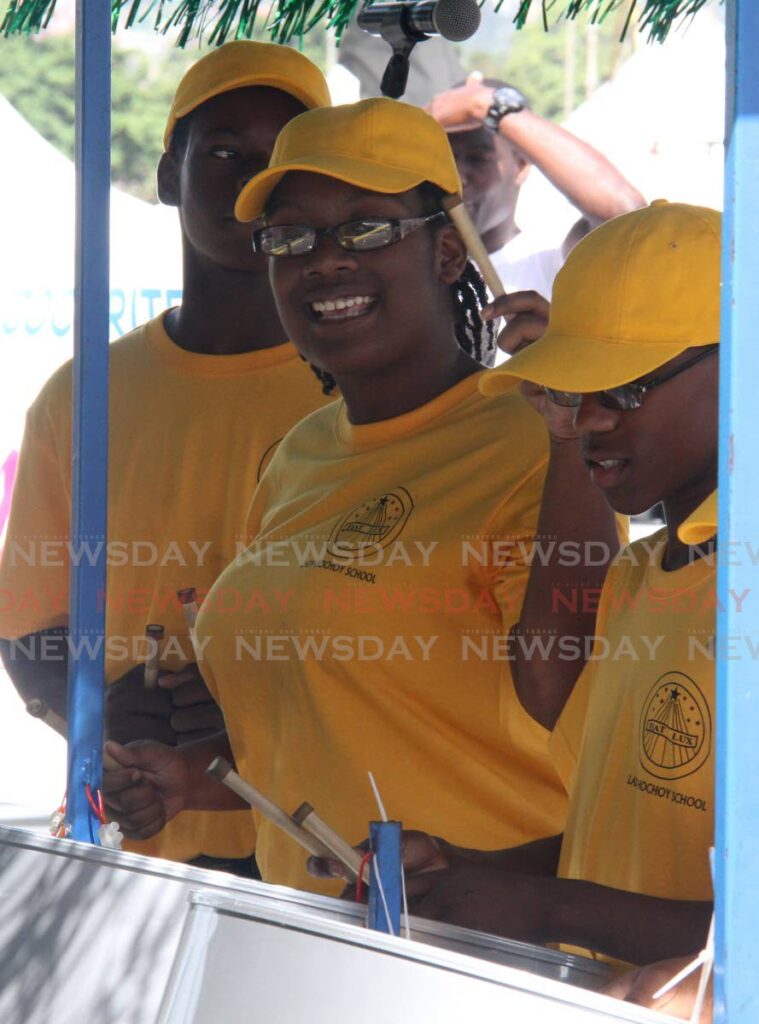People with Down syndrome excel like everyone else

The UN estimates that worldwide, each year 3,000 to 5,000 children are born with Down syndrome – a genetic condition that develops when a child is born with an extra chromosome. This is caused by abnormal cell division during the development of the sperm cell or the egg cell. According to childrenshospital.org the extra chromosome has developmental effects on the child's brain and body, leading to developmental delays, intellectual disability and an increased risk for certain medical issues.
Andrew Romero has been an instructor at the Lady Hochoy Vocational Centre in Port of Spain for the past 11 years and has interacted with many children and adults with Down syndrome. The centre caters for special-needs people ages 16 and up, and offers classes in areas such as computer literacy, woodwork, art and craft, sewing and hairdressing.
He told Newsday while people with Down syndrome may be living with a developmental disorder, they are just as capable of making valuable inputs to their communities and nation as anyone else.
“I always look at my students as people who can make meaningful contributions to society. Maybe their capability is a bit limited, but they must be given a chance. I know they can excel in different fields of work if given the opportunity, whether is in the private or public sector. They have to live like anyone else.”
There are three types of Down syndrome:
• Trisomy 21 is the most common type and occurs when every cell in the body has three copies of chromosome 21 instead of two.
• Translocation Down syndrome develops when each cell has part of an extra chromosome 21, or an entirely extra one attached to another chromosome instead of being on its own.
• Mosaic Down syndrome, the rarest type, occurs when only some cells have an extra chromosome 21.
Romero said because his students are usually at varying levels of the disorder it can sometimes be challenging working with them. But seeing them improve in whatever they are doing is always very rewarding.
“I do love working with them. Some of them are very slow and others are high functioning. Most of them always need your full attention, but they all have the ability to learn, even if it is at a different pace.”
He said in addition to learning new skills at the centre, students are encouraged to monetise these skills and to become as independent as they can in spite of their limitations.

“We also bottle and label peanuts and sell to groceries. It is a big revenue earner for the school. Also, they sell their artwork, what they make in woodwork workshops, refurbished old furniture, they collect glass bottles and sell. Pre-covid they were very busy.”
Romero teaches only boys and said because it is a small group, he is able to give them as much attention as they need. He said right now the student population is at approximately 71 per cent because of the covid19 restrictions. Some students do in-person classes, some work online and others are sent packages so they can do the work at home.
The online experience, he said, was a bit challenging many of them because although they were provided with tablets, some of them were not very tech savvy, while others simply had difficulty with staying focused.
“Some of them tend to gravitate toward the technology and show a lot of interest in the programmes, but there are those who can’t do it so much. If it is a programme they like, fine. But if they don’t like it they lose focus very quickly. What I do is start with a game before I go to the educational programme. I mix it up a bit because of their attention span.”
Romero said what he has noticed with the majority of them over the years is that they really do enjoy the physical activities.
“They love the exercise programmes at the gym, and pre-covid19 when they would gather in the yard and do aerobic workouts…Every year various special schools have participated in the Special Olympics, and our students look forward to the practice sessions leading up to that event. Some of them even went abroad and won medals. That was a major thing for them pre-covid. They were always willing to participate.”
He said another activity they look forward to is participating in children's Carnival.
“Hopefully next year they will be able to resume that.”
Come next term, he said, there are plans to fully reopen the centre and get the students involved in more activities that will help them develop their skills to continue making their own special contributions to the society.


Comments
"People with Down syndrome excel like everyone else"